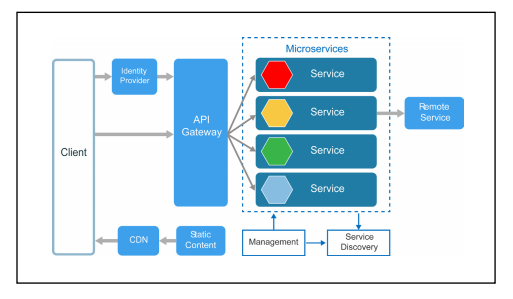Ethical Software Development: Navigating Challenges in a Digital World
In an era where technology permeates every aspect of life, the ethical implications of software development have become increasingly significant. As developers and organizations create software that impacts millions of users, understanding and navigating the ethical challenges is paramount. Ethical software development not only fosters trust but also ensures that technology serves the greater good. This article explores the key ethical considerations in software development and offers strategies for navigating the associated challenges.
Understanding Ethical Software Development
Ethical software development involves creating applications and systems that prioritize user welfare, privacy, and societal impact. It requires developers to consider the moral implications of their work, balancing innovation with responsibility. As technology evolves, issues such as data privacy, algorithmic bias, and the environmental impact of software need careful consideration.
Key Ethical Challenges
1. Data Privacy and Security
In today’s digital landscape, users share vast amounts of personal data with applications, often without fully understanding the implications. Developers must prioritize data privacy and implement robust security measures to protect sensitive information. This includes:
- Informed Consent: Users should be clearly informed about how their data will be used and have the option to consent or opt out.
- Data Minimization: Collect only the data necessary for the application’s functionality, reducing the risk of misuse and enhancing user trust.
2. Algorithmic Bias
As artificial intelligence (AI) and machine learning (ML) become integral to software applications, the potential for algorithmic bias emerges. Bias can lead to unfair treatment of individuals based on race, gender, or socioeconomic status. To combat this, developers should:
- Diversify Training Data: Ensure that the datasets used to train algorithms are representative of diverse populations to mitigate inherent biases.
- Conduct Regular Audits: Regularly review algorithms for bias and fairness, making necessary adjustments based on findings.
3. User Manipulation and Dark Patterns
Some applications employ manipulative design practices, known as “dark patterns,” to trick users into actions they might not otherwise take, such as unwarranted subscriptions or data sharing. Ethical software development requires developers to:
- Promote Transparency: Design interfaces that clearly inform users about their choices and the consequences of their actions.
- Prioritize User Autonomy: Empower users to make informed decisions without manipulation or coercion.
4. Sustainability and Environmental Impact
The environmental impact of software development, particularly in terms of energy consumption and resource use, is an often-overlooked ethical consideration. Developers should strive for sustainable practices by:
- Optimizing Code Efficiency: Write efficient code that requires less processing power, reducing energy consumption.
- Emphasizing Remote Solutions: Promote digital solutions that minimize physical resource use, such as virtual meetings instead of travel.
Strategies for Ethical Software Development
1. Establish Ethical Guidelines
Organizations should create and enforce ethical guidelines that govern software development practices. These guidelines can serve as a framework for decision-making, ensuring that ethical considerations are prioritized throughout the development process.
2. Engage Stakeholders
Involving stakeholders—users, community members, and industry experts—in the development process can provide valuable insights into ethical implications. Conducting surveys, focus groups, or workshops can help identify potential ethical challenges early on.
3. Foster a Culture of Ethics
Encourage a culture of ethics within development teams by providing training and resources that emphasize the importance of ethical considerations in software development. Promote open discussions about ethical dilemmas and encourage team members to voice their concerns.
4. Stay Informed on Regulations and Standards
Staying informed about evolving regulations and industry standards related to data privacy, security, and ethical practices is crucial. Compliance with these standards not only enhances trust but also mitigates potential legal and reputational risks.
Conclusion
As software development continues to shape the digital world, ethical considerations must remain at the forefront of the development process. By addressing challenges such as data privacy, algorithmic bias, user manipulation, and sustainability, developers can create software that serves society responsibly. Emphasizing ethical software development not only builds trust among users but also fosters a technology landscape that prioritizes the well-being of individuals and communities. In navigating these ethical challenges, developers can contribute to a more equitable and just digital world.











Leave a Reply